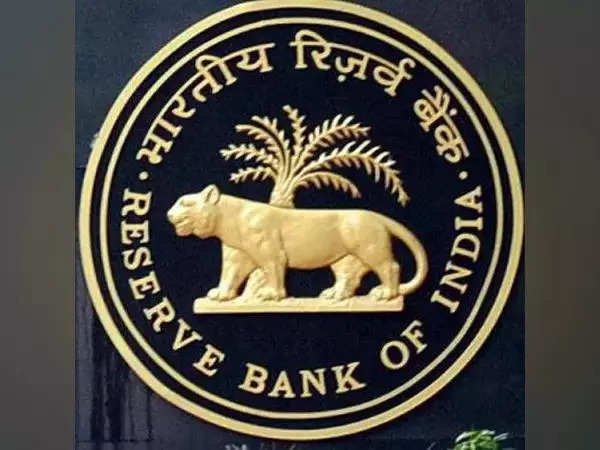Monetary policy expectations impact stocks more than rate moves: RBI paper
Equity markets are impacted more by the expectations of future monetary policy than the policy rate surprises on the day of announcement of the policy by the Reserve Bank, said an analysis.
markets are impacted more by the expectations of future than the policy rate surprises on the day of announcement of the policy by the Reserve Bank, said an analysis.According to a working paper prepared by RBI officials, the regulatory and development measures which are announced along with the monetary policy too impact the stock markets.
"...equity markets are affected more by the changes in the market's expectations of future monetary policy (path factor) than the policy rate surprise (target factor) which is in agreement with the conventional thinking that equity markets are forward-looking," the paper said.
The in equity markets on the day of policy announcement, it said, "is affected by both target and path factors, as markets digest the policy announcements and traders adjust their portfolios throughout the day".
RBI Working Paper on 'Equity Markets and Monetary Policy Surprises' is prepared by Mayank Gupta, Amit Pawar, Satyam Kumar, Abhinandan Borad and Subrat Kumar Seet from Department of Economic and Policy Research, Reserve Bank of India.
The paper analyses the impact of monetary policy announcements on the returns and volatility in the BSE Sensex by decomposing changes in Overnight Indexed (OIS) rates on policy announcement days into target and path factors. The target factor captures the surprise component in central bank policy rate action, while the path factor captures the impact of central bank's communication on market expectations regarding the future path of monetary policy.
While the short windows are aimed at controlling for other potential drivers of equity prices, it may be noted that the monetary policy announcements are accompanied by regulatory and developmental measures which can also impact markets, the paper said.
The sparse trading on occasions in the OIS markets as well as other domestic and global developments during the narrow window can also impact the analysis, it added.
The analysis covers the period starting with the implicit adoption of a flexible targeting regime in India (January 2014) and ends in July 2022.
The Reserve Bank of India (RBI) introduced the RBI Working Papers series in March 2011. The central bank said the views expressed in the paper are those of the authors and not necessarily those of the institution(s) to which they belong.
Source: Stocks-Markets-Economic Times
